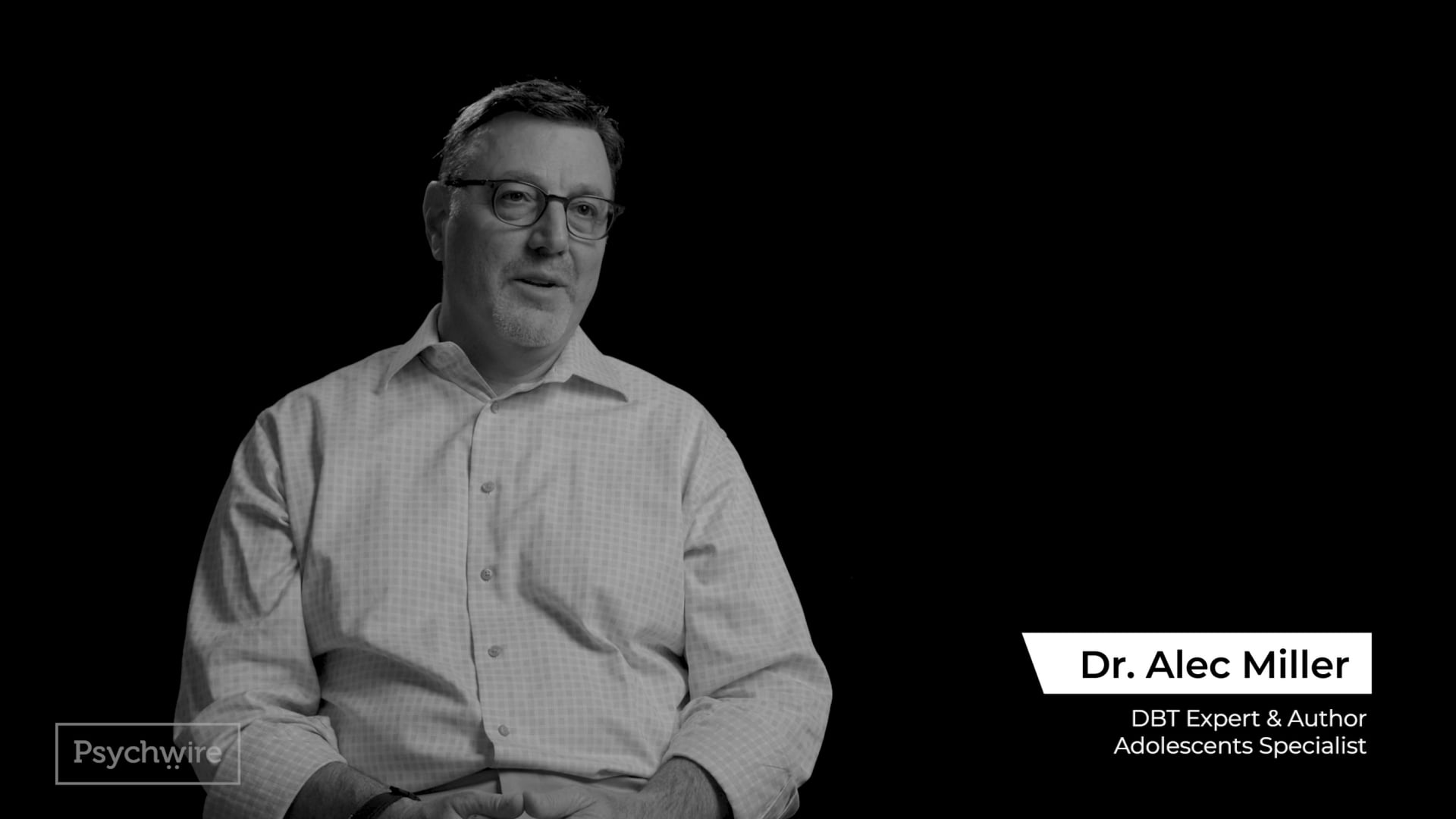
The Advantages of a DBT Team
 DBT Foundational
DBT FoundationalPart of the absolute brilliance of Marsha Linehan in developing DBT was realizing that clinicians doing this complex treatment with a complex client population needs support. The clinician can't go it alone. The only other reason why I'm still here, to be honest with you, after 30 years, is that I have a team of compassionate colleagues who care about each other and want us to support each other in this very work. Your team is there to hold you, to validate you, to help you solve problems, and to hold the heaviness of what this work can be sometimes in ways that there's no other team I've ever worked on that, like, has quite that quality. It's about really identifying where am I the therapist struggling or feeling like I need help and it's asking for help for me.
Having my peers check in on me and ask, ask, Kelly, where is your burnout? How high is it? What skills are you using to address it? Is there anything we can do as a team to help you? Also feels so caring and also holds me accountable to make sure I am using my own DBT skills. And it's, again, that just that reminder of using DBT skills on myself to recommit me to the treatment so that I can have that space in my own life to be a better DBT therapist. I think the role of DBT consultation team that's so profound is that you are practicing DBT in that room, and you're also seeing how other people do that.
Some of the best learning I've ever had in DBT was watching one of my colleagues do a DBT intervention on somebody. Sometimes it was me. Sometimes it was somebody else. I have psychology externs who are fourth-year doctoral students saying Alec have you thought about this? Have you tried this? And they're giving me some new ideas that I hadn't thought of. And so the beauty of team is that even if I'm the quote-unquote expert, in this meeting we're all equals, and we're sharing ideas and supporting each other.
I feel like having that both, like, the human side of, like, how are you as a therapist doing? Is there support that you need to be able to show up to your clients as well as how are things going with your client directly? How are they doing? Are there things that they need? I think I really feel like the DBT team supports the whole diet, like both therapists and patient in a really important way.